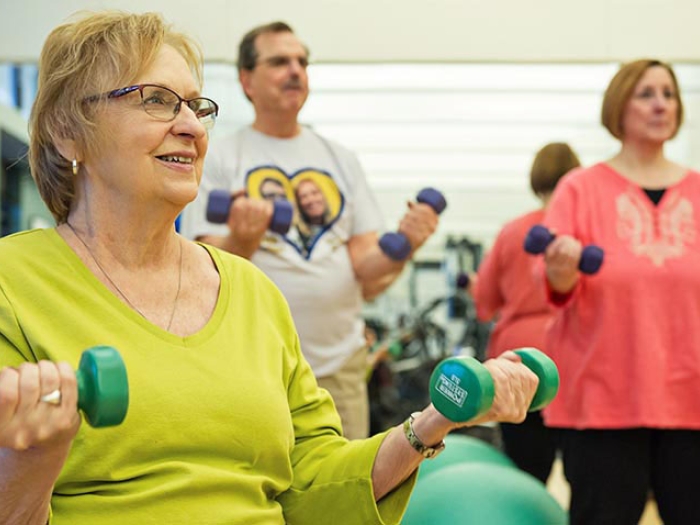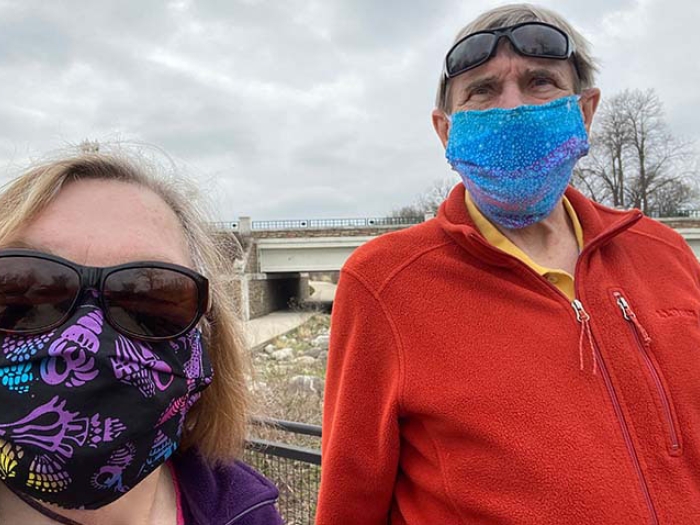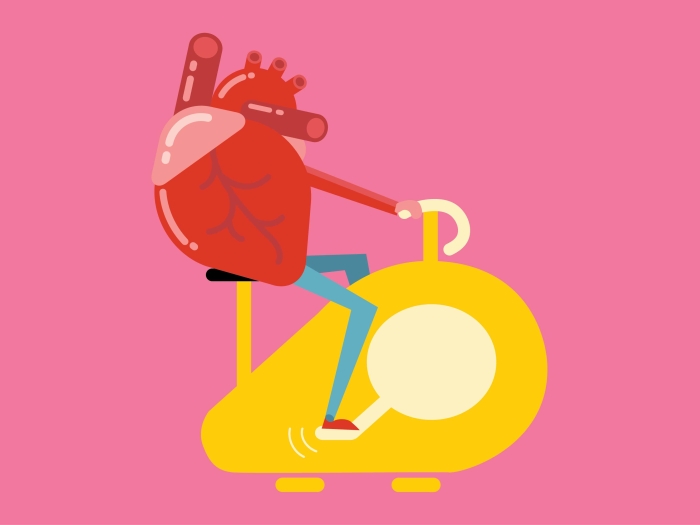For some heart failure patients, a treatment known as EECP is a beneficial option, but it requires a commitment.
7:00 AM
Author |
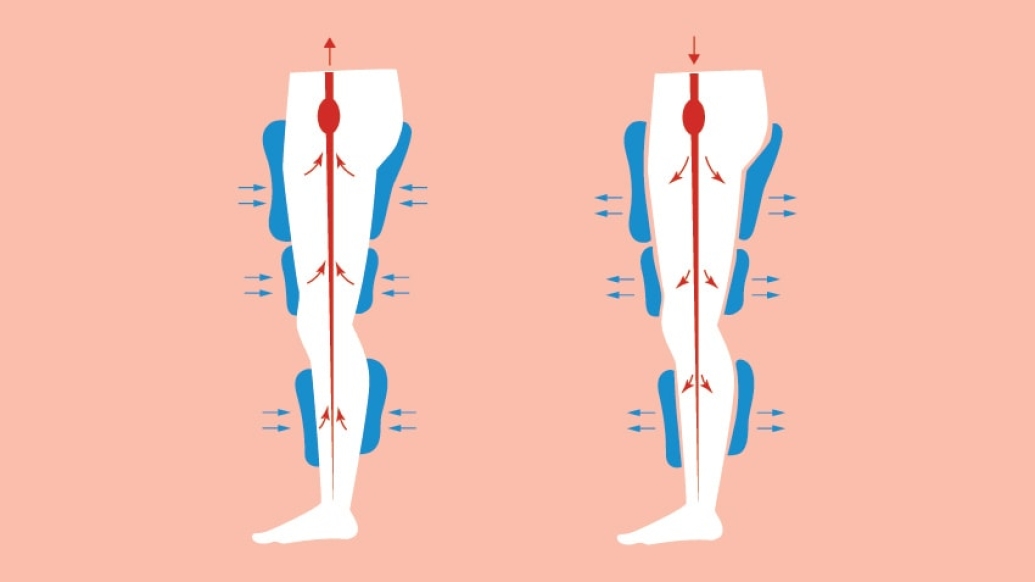
When a heart patient suffering from angina doesn't qualify for surgery or catheter-based coronary stenting, his or her doctor may recommend enhanced external counter pulsation (EECP), a noninvasive treatment designed to help lower the number and intensity of angina episodes.
MORE FROM MICHIGAN: Sign up for our weekly newsletter
EECP involves external inflatable cuffs applied around the lower legs, upper legs and buttocks. The cuffs alternate between inflation when the heart is resting and deflation during the pumping period of the heartbeat.
Eligible patients are those who have had coronary artery bypass or stents placed in the coronary arteries with ongoing angina or those who are not candidates for bypass or stents but continue to suffer from angina. These patients must have undergone all other possible medical therapies to be considered eligible for the procedure.
George Forbes is one such patient. His heart story began in 1998 when he experienced a heart attack and was taken by ambulance to the University of Michigan, where doctors performed emergency quadruple bypass surgery. Forbes, then 43, recuperated quickly and got back to living an active life.
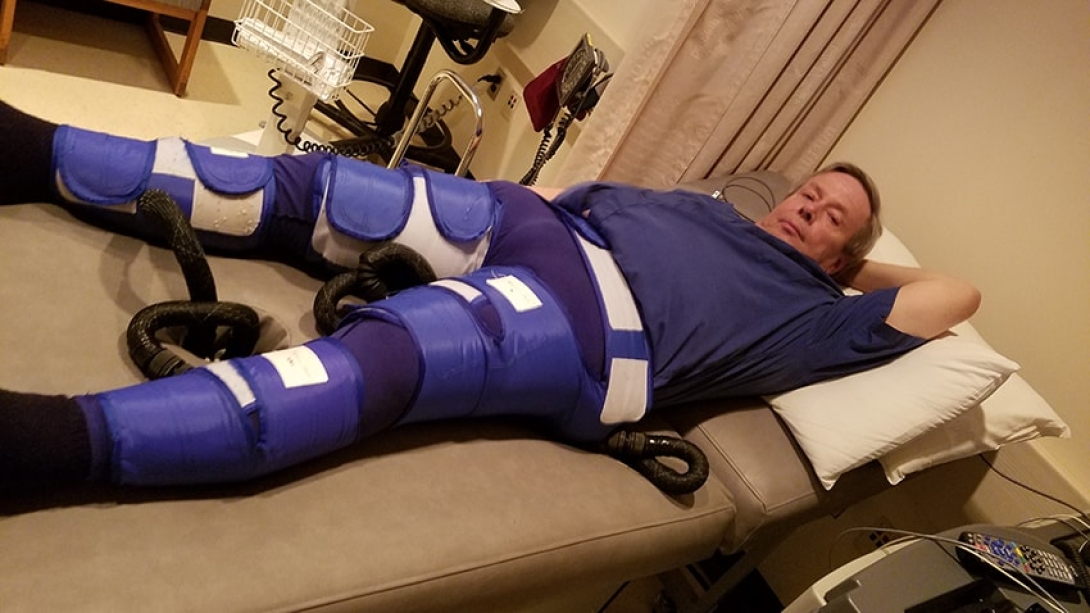
But just over a year ago, at age 62, three of Forbes' four bypasses collapsed, leaving him in heart failure.
Because of his condition, Forbes' heart team — including U-M Frankel Cardiovascular Center cardiologists Francis Pagani, M.D., Melvyn Rubenfire, M.D., and Monica Colvin, M.D. — determined he was not a candidate for heart surgery.
Their recommendation: EECP.
The therapy can have dramatic effects when applied over multiple visits.
"The inflation improves the blood flow to all organs and, most important, over time it increases the health of all the arteries," Rubenfire says. "Improving the health of arteries with blockages increases the blood flow at rest, and, with exercise, that would normally have caused chest pain and shortness of breath.
"The great majority of participants have more energy and can exercise with much less angina or heart pain," Rubenfire adds. "For some, the effects of EECP treatment can last up to two years."
Making the commitment
Although EECP devices do the work, they're useless without a willing recipient.
"Dr. Rubenfire told me the process would take a big commitment on my part," Forbes recalls. "EECP required me to go for treatment Monday through Friday for one hour every day for seven weeks." Also on the schedule: thrice-weekly cardiac rehab.
SEE ALSO: Debunking Cardiac Rehab Myths: Why Some Patients Don't Go
Such obligation is what keeps many patients from participating in EECP, says U-M cardiologist Michael Shea, M.D., noting that many patients are unwilling or unable to put in the effort.
The course of action also can be costly.
Still, "EECP treatment is covered by most insurance providers," says U-M exercise physiologist Aaron Tice, but he recommends patients check with their insurance company to make sure all sessions are covered, noting that the cost per treatment is approximately $280.
Forbes, on disability due to his condition, felt the time commitment for treatment — only a short commute from his home — was a small price to pay if it helped eliminate his angina.
"Prior to the program, I had stopped going out of the house every day," says Forbes. "Now I feel more confident."
With his EECP treatment and cardiac rehab complete, Forbes says he exercises on a regular basis and gets out often. He now experiences only mild angina and has improved blood pressure. He says EECP was a great alternative.
For more information about EECP treatment at the University of Michigan, call Aaron Tice at 734-998-9590.

Explore a variety of healthcare news & stories by visiting the Health Lab home page for more articles.

Department of Communication at Michigan Medicine
Want top health & research news weekly? Sign up for Health Lab’s newsletters today!
